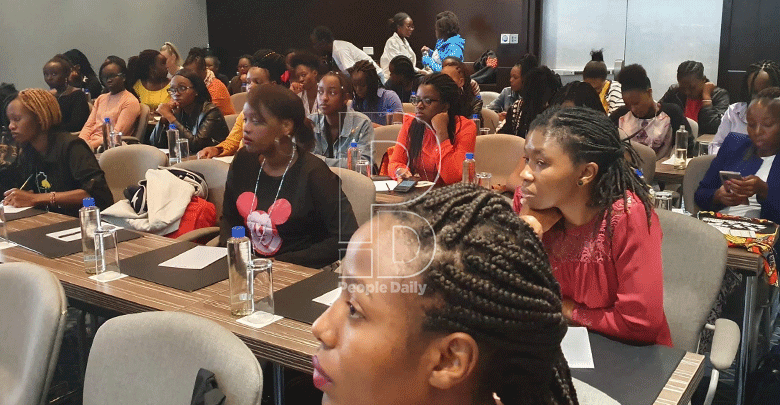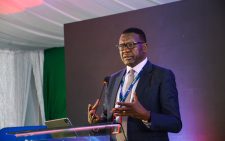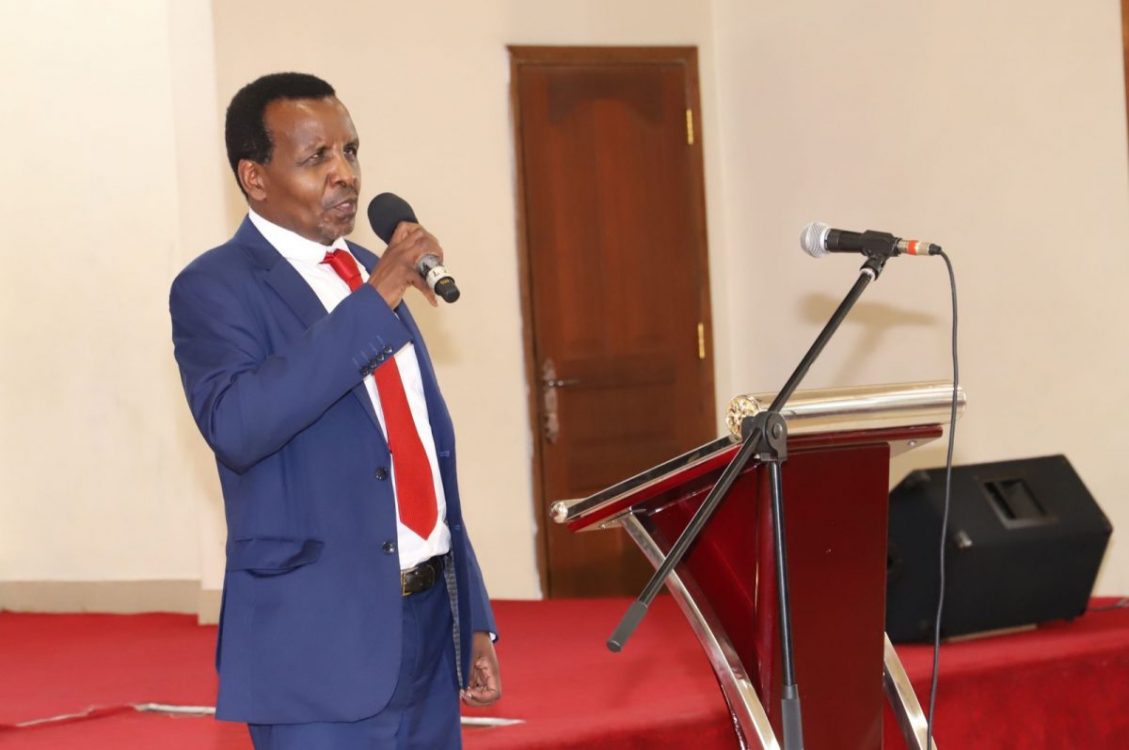Women taking cybersecurity scene by storm – Evelyn Kilel, Laura Tich and Patricia Jepkoech shares out

When Evelyn Kilel, Laura Tich and Patricia Jepkoech met at the Africahackon Annual Conference in 2016, they thought of coming up with a community of women in cybersecurity to provide a safe space for interaction and growth and through this, SheHacks Kenya was borne.
“SheHacks was inspired by the fact that fewer women attended and presented in cybersecurity conferences,” starts Kilel.
“It is a non-profit organisation to provide women in cybersecurity a platform to interact and help each other grow professionally in a healthy environment.”
Initially, they named the organisation Pentest Ladies, which only portrayed penetration testing, one area of cybersecurity.
But later, they piked SheHacks, which seem to have a unified and global meaning to portray the different domains of the space.
Huge growth
Kilel pursued computer science in university campus and learnt on her own about cybersecurity concepts before undertaking cybersecurity certifications.
SheHacks envision bridging the skills and gender gap in the information security industry.
The co-founders say they have witnessed tremendous growth over the five past years.
“As of 2019, we had 345 members. Currently, we have 4,600 active members on our different communication channels and social media.
Beneficiaries get networking opportunities with industry professionals, job referrals amongst members, free training on cybersecurity from beginner to advanced level, free career mentorship opportunities, opportunity to grow skills through internal and external talks and presentations,” Kilel adds.
Programme diversity
SheHacks has been engaging with the community through events such as hackfests, hackathons, boot camps, intervarsity competitions, campus outreach and social media campaigns.

“We have a team of eight behind the administrative operations. These are cybersecurity personnel that work on a voluntary basis.
They collectively facilitate the different programmes we run. Our operations cut across all the five regions in Kenya represented by the 26 universities and 79 campus ambassadors we work with.
We are proud to have our first SheHacks sister community in Africa- SheHacks Zimbabwe- that was launched on September 2, last year,” she says.
“The programmes we offer include skills acquisition through eBootcamps, biweekly online webinars covering technical and non-technical cybersecurity-related topics and masterclasses.
We offer career growth through mentorship and expansion through a campus programme that seeks to mentor campus students in cybersecurity, sessions are mostly led by students.
Students have set up clubs in the different schools to fully focus on cybersecurity,” she says.
Among their activities are child online protection programmes, where parents and children are sensitised on online bullying, harassment, trafficking and identity theft.
They have also formed partnerships with similar initiatives and organisations to maximise impact on the community.
“Due to the Covid-19, the Kenyan education sector had to switch to online. This meant children spent more time on the world wide web.
The dangers of such exposure prompted our partnership with Lady Askari, a female-oriented security company, to have three sensitisation sessions with both parents and children on child online protection,” Kilel says.
Improved skills
As a non-profit organisation, SheHacks gets funds to run their activities through corporate social responsibility initiatives, some provide certification vouchers and free courses to SheHacks members.
Others come in purely as mentors to advise and guide, especially those that are new to the field.
Kilel points out that community members have been able to prove their competencies in the workplace securing managerial positions, which is a clear indication that SheHacks has impacted positively the lives of women in the community.
“Due to improved skill sets, some of our programme beneficiaries have negotiated for better pay and more information technology and engineering students are choosing to major in cybersecurity,” she adds.
Despite SheHacks focusing on women, they still embrace the participation of men. However, they still find the women outnumbered.
“Women are still holding back from participating and volunteering in opportunities.
They tend to take a back seat. That is our main limitation. We will however continue to encourage them to take up these roles.
We have had a session covering ‘imposter syndrome’ to address this. Our current strategy is starting them out when young, hence the campus outreach and Child Online Protection Programme,” she says.
As an organisation, they hope to start the first Cybersecurity Academy in Africa to provide hands-on skills, exposure and experience.
Righty awarded
“There has always been a gap in translating classroom and certification knowledge into industry technical skills.
In conjunction with our unique pool of partners, we are optimistic about actualising this soon.
This will also enable us to scale our operations across Africa and therefore partner with learning institutions and governments,” says Kilel.
SheHacks has garnered several awards and recognitions for their work in society.
In 2020, Tich and Kilel presented at BlackHat USA on ‘Building Cybersecurity Strategies for Emerging Industries in Sub-Saharan Africa, the first presentation by Kenyans at the event.
The same year, seven SheHacks members were celebrated as the top 50 women in cybersecurity in Africa.












